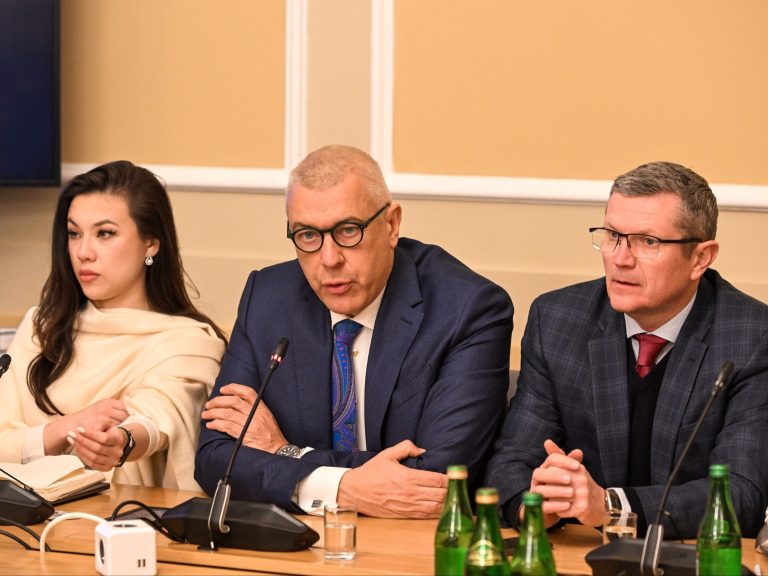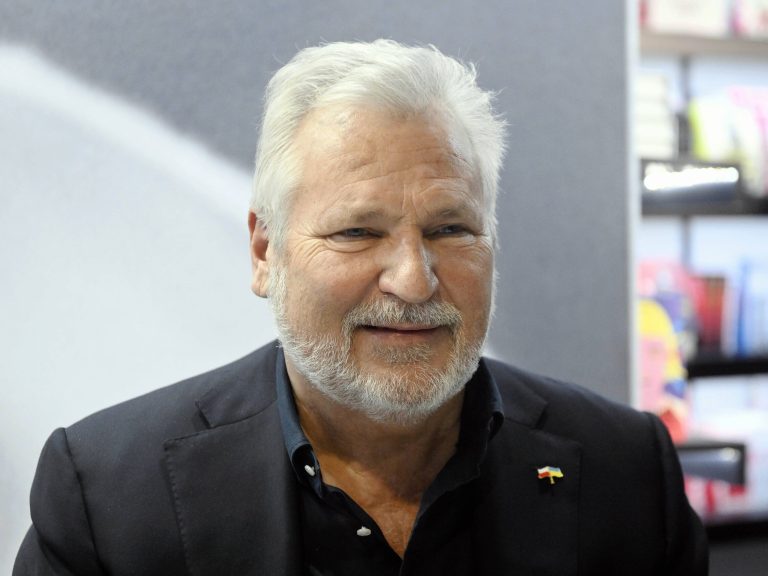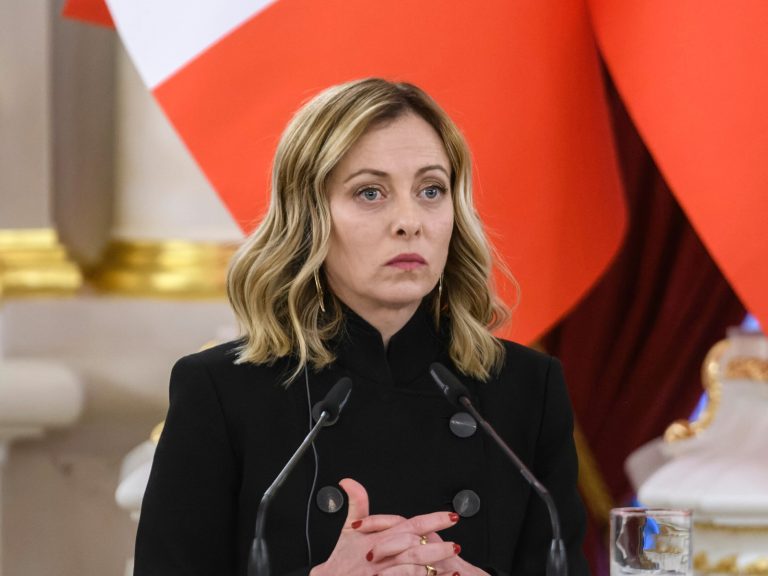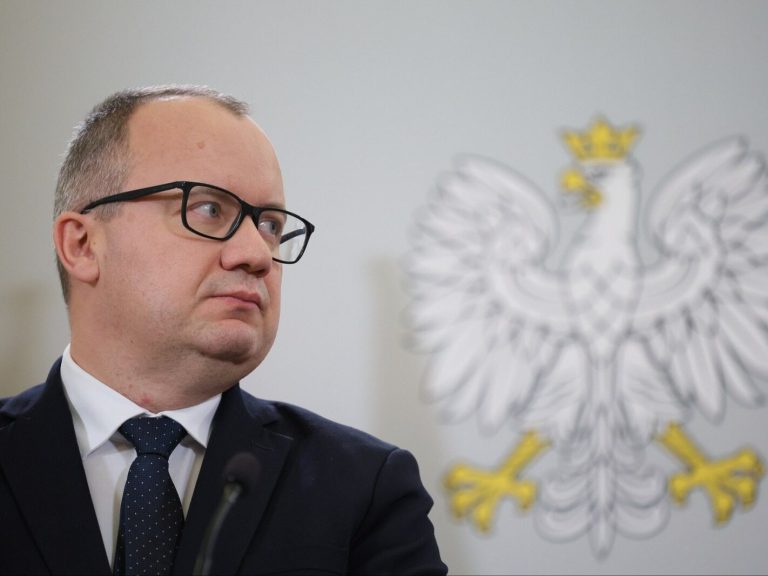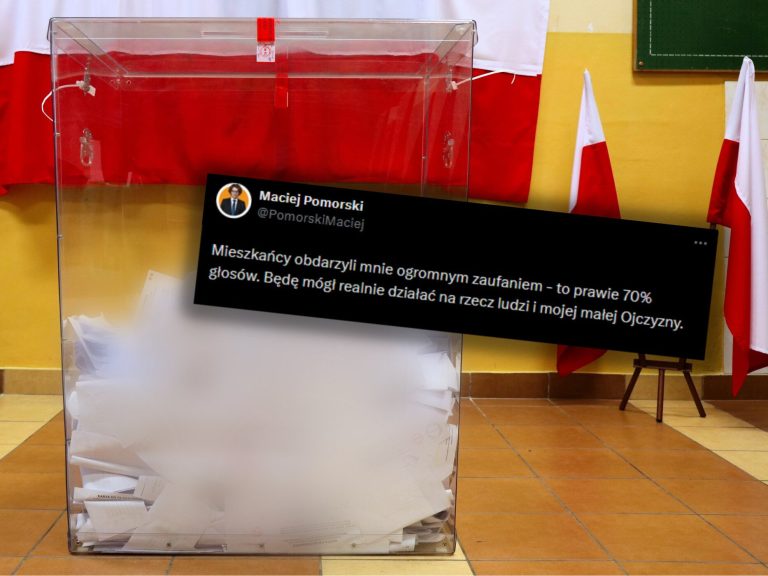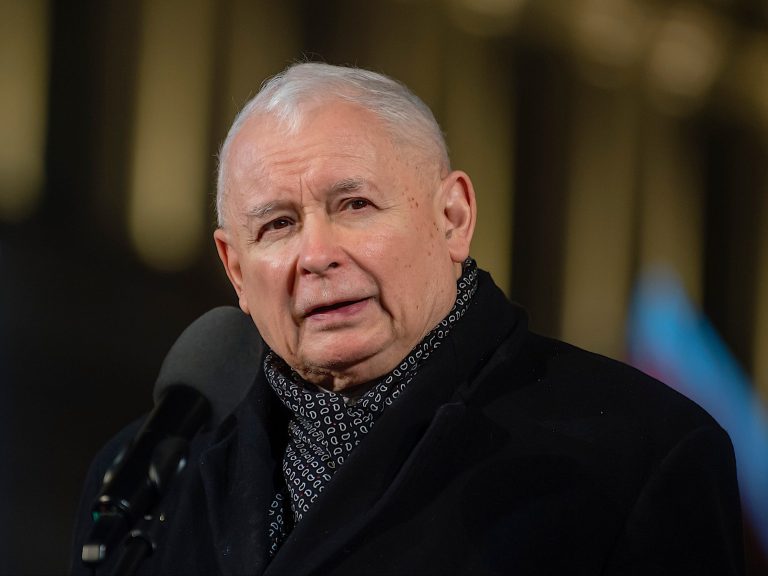Kosovo accuses Serbia of trying to take over the territory. He points to the evidence

Kosovo accused Serbia of supporting a paramilitary group that ambushed a police patrol on Sunday and clashed with Kosovo forces.
The incident took place last weekend, September 24. Kosovo police said they killed three gunmen and arrested another on Sunday in a shooting in the northern village of Banjska, close to the border with Serbia.
Authorities in Pristina showed a number of modern weapons to be used by the paramilitary group, including two Serbian-made armored cars and a grenade launcher, along with a document allegedly indicating that it was manufactured by the Zastava arms company and supplied by the Serbian army.
Ambush on patrol in Kosovo. “Group trained in Serbia”
“This group comes from Serbia, is trained in Serbia, financed by Serbia, and equipped by the Serbian army and its police,” Xhelal Sveçla, Kosovo’s interior minister, told the Guardian. – Some of the weapons were taken from army warehouses and handed over to terrorists who came to Kosovo from Serbia – he assured.
Sveçla said his ministry had shared the evidence with Western embassies and agencies. “What they wanted to do was take over the territory of Kosovo and open a new channel of communication, a new road from Serbia to Kosovo,” he said, adding that the ultimate goal was to divide the country.
In an interview with POLITICO, U.S. Ambassador to Kosovo Jeffrey M. Hovenier said the ambush was “coordinated and sophisticated.” He added that the shooters had undergone military training. – The number of weapons suggests that it was a serious attack with a plan to destabilize security in the region, he said. The U.S. has not yet determined whether Serbia was responsible for the ambush, but the military equipment was “of a military grade inaccessible to the average citizen.”
Failed attempts to make peace
The Kosovo government also claimed that the leader of the group was a prominent Kosovo Serb politician loyal to Serbian President Aleksandar Vučić, and that one of the three paramilitary fighters killed on Sunday was a former bodyguard of Aleksandar Vulin, the head of Serbian intelligence, who was sanctioned by the US government in connection with corruption.
In recent months, there has been a marked increase in tension between the Serb minority and the Kosovo authorities. Tension increased after local elections held in May. The European Union and the United States have been trying to broker a lasting peace between Serbia and Kosovo for years, but an agreement has been difficult to reach because of divisions in northern Kosovo, where the majority of the population are Serbs.
The attack was considered a terrorist act by both the European Union and the US.

